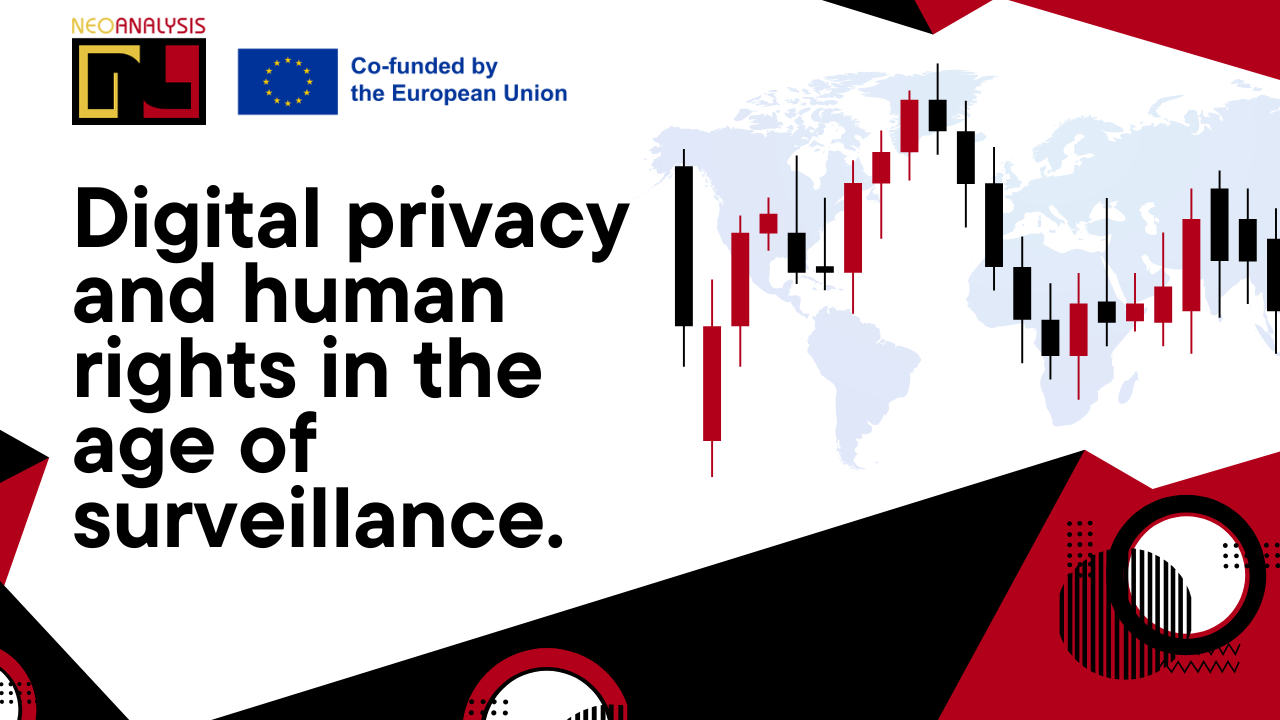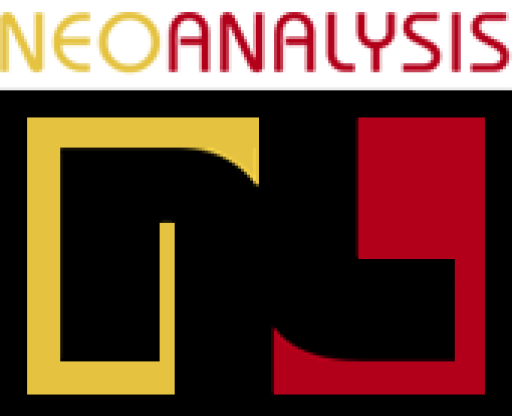
Digital privacy and human rights in the age of surveillance
In an increasingly connected world, digital privacy has become a cornerstone of modern human rights. As governments and corporations harness advanced technologies to collect, analyze, and utilize vast amounts of personal data, the boundaries of privacy are being tested like never before. Surveillance, once a tool for ensuring security, now poses profound challenges to individual freedoms, autonomy, and the right to be left alone. This article delves into the intricate relationship between digital privacy and human rights, exploring how surveillance practices impact society and the measures needed to strike a balance between safety and individual liberty in the digital age.
Freedom of Expression and Censorship:
Information and personal data have been democratized nowadays in the digital era. This enabled unparalleled levels of public discussion due to the ease of use of social media platforms, online forms, and digital new sites which provide the opportunity for people to express their thoughts and share their life experiences.
This broad scope of using digital platforms raises concerns about the spread of misinformation, cyberattacks, online harassment, and public opinion manipulation. Therefore, many security measures have been taken to stop cybercrime, online abuse, hate speech, and the relentless propagation of disinformation. On the other hand, other concerns have increased regarding the possible violations of the basic human right to privacy.
Article 19 of the Universal Declaration of Human Rights states “Everyone has the right to freedom of opinion and expression; this right includes freedom to hold opinions without interference and to seek, receive and impart information and ideas through any media and regardless of frontiers”. While expressing opinions has been easier nowadays, there is always a difficulty in attaining a delicate equilibrium between regulating harmful content and protecting the right to freedom of expression. Despite the harmful impact of certain types of content such as hate speech, incitement to violence, and disinformation, the side effects of censorship measures might be negative.
Privacy Right Violation in the Digital Era:
Another basic right that is prone to be violated by this surveillance is the right to privacy. Article 12 states “No one shall be subjected to arbitrary interference with his privacy, family, home or correspondence, nor to attacks upon his honour and reputation. Everyone has the right to the protection of the law against such interference or attacks.” In the digital era, privacy has been threatened due to the collection and storage of personal data by the technology corporations that sell them to big industries. Many governments are also consumers of these corporations to collect citizens’ information and data using them as security measures. Some of these governments use the information and data of the citizens, especially those who are active in political opposition, to blackmail and suppress them.
privacy in the digital era demands a combination of legal, technological, and societal approaches. Governments should enact robust privacy legislation to secure personal data and enforce accountability for data breaches. Furthermore, implementing tools like encryption, anonymization, and data protection measures can help alleviate worries about digital surveillance and data misuse. Also, governments should be disciplined to the basic human rights stated in the Universal Declaration of Human Rights.
Steps to Protect Privacy and Free Expression Online
Despite the many steps that have been taken by the UN and the EU to protect privacy and freedom of expression, there are a lot of steps to be taken in this area. In this context, it is important and worthy to refer to the report of the Special Rapporteur on the promotion and protection of the right to freedom of opinion and expression in 2019, which addressed this challenge and included some important recommendations. The recommendations focus on what states should do by imposing a moratorium on the export, sale, transfer, and use of private surveillance tools until human rights-compliant safeguards are established, ensuring that surveillance technology adheres to standards of legality, necessity, and legitimacy, with mechanisms for public oversight, accountability, and redress. Exporting States must include public consultations in licensing processes, safeguard security research, and exempt encryption from export controls, aligning with human rights principles and Wassenaar Arrangement standards. Companies should integrate human rights due diligence in product development, enforce safeguards against misuse, conduct audits, and report abuses while providing remedies for victims. The United Nations should establish a task force to monitor human rights abuses related to digital surveillance. All stakeholders should collaborate on rights-based standards for the surveillance industry through co-regulatory initiatives and independent oversight.
Bibliography
- European Commission. “Action Plan on Integration and Inclusion 2021-2027”. November 24, 2020. Accessed December 4, 2024. https://home-affairs.ec.europa.eu/policies/migration-and-asylum/legal-migration-and-integration/integration/action-plan-integration-and-inclusion_en.
- Jeroudi, Leith. “Surveillance and Human Rights: Background Paper. Geneva Centre for Human Rights Advancement and Global Dialogue”. June 2023. Accessed December 4, 2024. https://gchragd.org/wp-content/uploads/2023/06/GCHRAGD-SURVEILLANCE-AND-HUMAN-RIGHTS-background-paper.pdf.
- Kanaujia, Samiksha. “Navigating Privacy and Security: Human Rights in the Digital Age.” Drishti Judiciary, September 11, 2024. Accessed December 4, 2024. https://www.drishtijudiciary.com/blog/navigating-privacy-and-security-human-rights-in-the-digital-age.
- Piper, Arthur. “Digital Surveillance’s Threat to Human Rights.” International Bar Association, November 1, 2019. Accessed December 4, 2024. https://www.ibanet.org/article/CEE365AB-CC04-4E2C-91F6-D5F4D353A0A0.
- United Nations. “Surveillance and Human Rights: Report of the Special Rapporteur on the Promotion and Protection of the Right to Freedom of Opinion and Expression”. Human Rights Council, Forty-first Session, May 28, 2019. Accessed December 4, 2024. https://undocs.org/A/HRC/41/35.
